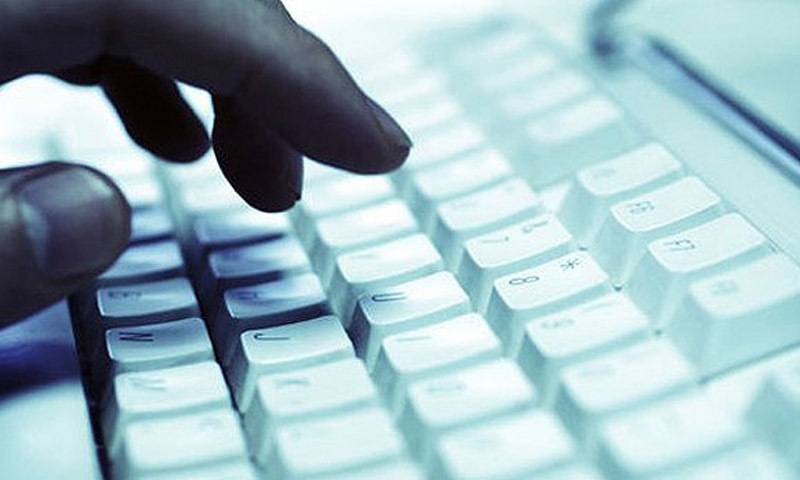LAHORE: Freedom House released the Freedom on the Net (FoTN) Report 2017 which ranks Pakistan “Not Free” for the sixth consecutive year. Pakistan Internet Freedom Status for the year 2017 has also worsened in comparison to 2016.
Freedom House assesses Internet freedom in 65 countries, accounting for 87 per cent of internet users worldwide. The report primarily focuses on developments that occurred between June 2016 and May 2017.
Digital Rights Foundation and research analysts at Freedom House in their report evaluate the state-level violations of user rights, Internet freedom, and implementation of censorship in Pakistan.
According to report, mobile Internet service was shut down for more than a year in the Federally Administered Tribal Areas, starting in June 2016. The most significant shutdown, affecting 3G mobile internet in ATA began on June 12, 2016, following an exchange of fire between local and Afghan forces during the construction of a gate on the Pakistan- Afghanistan border. No official reason was given for the disruption, and service had yet to b restored more than a year later.
The Prevention of Electronic Crimes Act enacted in August 2016 introduced stronger censorship and surveillance powers with inadequate oversight.
The report stated that, Internet penetration is limited in Pakistan by a lack of resources and infrastructure, but mobile internet access is increasing following the recent launch of faster 3G and 4G service. However, Pakistani authorities frequently disable mobile internet access during times of perceived political or religious sensitivity.
US based Internet Monitor research project reported that Pakistan “blocks news and human rights websites and content critical of the faith of Islam”, as well as sexual content, and tools used to circumvent censorship or protect privacy.
The PTA also blocked access to the website of the Indian magazine India Today in September 2016. No official reason was given, but the order was implemented immediately after the Lahore High Court dismissed a petition seeking a directive to block the website for publishing “a derogatory photo of the then Army chief General Raheel Sharif”.
Several parts of western Pakistan lack Internet access, partly because of underdevelopment or ongoing conflict. According to one study, more than 75 per cent of tribal areas and 60 per cent of the impoverished southwestern province of Balochistan lacked fiber-optic connections in 2013.
Mass network surveillance has been in place in Pakistan since at least 2005, using technology obtained “from both domestic and foreign surveillance companies, including Alcatel, Ericsson, Huawei, SS8 and Utimaco,” according to the report.
Five bloggers known for criticising authorities and religious militancy were abducted in January 2017; one later said a government institution had detained and tortured him. The fifth was still missing in late 2017.
With the ranking of 18 out of 25 for Obstacles to Access for 2016, the bar sits at 19 for the year 2017; and Violations of User Rights which sat at 31 out of 40 for the year 2016, it’s now at 32. The overall ranking for Pakistan closes at 71 out of 100 (100 being the worst) for this year, two points down from last year’s ranking - declaring Pakistan “Not Free” for yet another year.
“While the laws and legislations are persistently passed to regulate the digital spaces, the Government of Pakistan is constantly stifling citizens’ right to free online media. The government’s increased control on the internet is an example of the sort of democracy that Pakistan is governed under..” Nighat Dad, the Executive Director of Digital Rights Foundation states.






